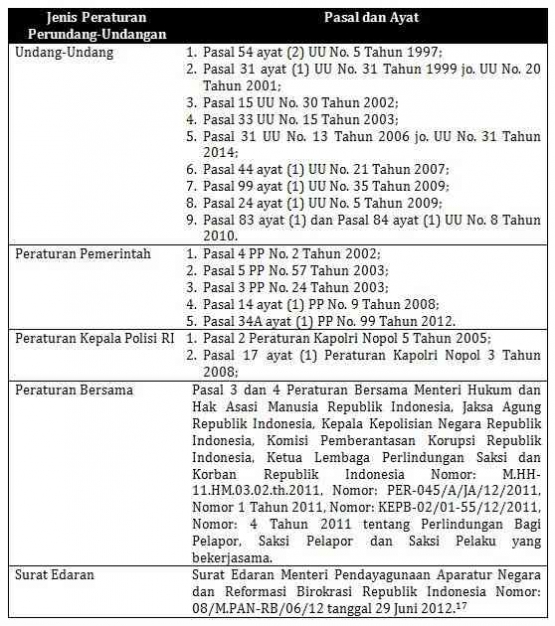Whistleblowing in accounting presents a complex moral dilemma. On the one hand, disclosing unethical or illegal acts is commendable because it can prevent financial losses, protect the company's reputation, and promote transparency. However, the decision to become a whistleblower is not easy. The risks of job loss, reputational damage, retaliation, and psychological distress are ever-present.
Factors such as moral values, risk perception, organizational climate, social support, and legal protection also influence an individual's decision to speak up.
This dilemma underscores the conflict between individual interests and the public good, as well as the challenges of fostering a work environment that supports courageous action for the greater good.
To encourage healthy whistleblowing, comprehensive efforts are essential. Organizations must foster an open and supportive work culture, provide safe and easily accessible reporting channels, and protect whistleblowers from retaliation. Additionally, raising awareness of the significance of whistleblowing through education and training for all employees is crucial.
The role of government and professional institutions is also vital in creating a conducive environment for whistleblowing, which includes enacting laws that protect whistleblowers and strictly enforcing professional codes of ethics. In this way, whistleblowing can serve as an effective mechanism to prevent and address unethical actions within organizations.
Whistleblowing has both positive and negative consequences. On one hand, as explained above, promote positive changes in organizational culture. It can also serve as a positive example for other employees. However, whistleblowers often face risks such as job loss, damage to their personal reputation, retaliation, and severe emotional and psychological stress. They may even experience social isolation. Therefore, the decision to become a whistleblower is a complex dilemma, requiring individuals to weigh moral considerations against the personal risks they may encounter.
An individual's decision to blow the whistle is influenced by a multitude of factors, including moral compass such as honesty, integrity, and justice, risk perception based on the severity of the misconduct, potential personal consequences, and the likelihood of retaliation, organizational climate characterized by open communication, trust, respect for employees, and clear reporting channels, social support from colleagues, family, and friends, and legal protections against retaliation.
A healthy work environment with a strong organizational culture is crucial in fostering a supportive atmosphere for whistleblowing. Such an environment should provide clear reporting mechanisms and robust protections for those who come forward. Additionally, government bodies and professional institutions play a pivotal role in creating a supportive ecosystem for whistleblowing by establishing legal safeguards and enforcing strict ethical standards.
Moreover, the media plays a significant role in shaping public opinion and encouraging change by shedding light on whistleblowing cases. By doing so, whistleblowing can serve as a powerful tool for maintaining organizational integrity and preventing ethical violations. The following are the implied provisions of the Indonesian laws and regulations;

Baca konten-konten menarik Kompasiana langsung dari smartphone kamu. Follow channel WhatsApp Kompasiana sekarang di sini: https://whatsapp.com/channel/0029VaYjYaL4Spk7WflFYJ2H








